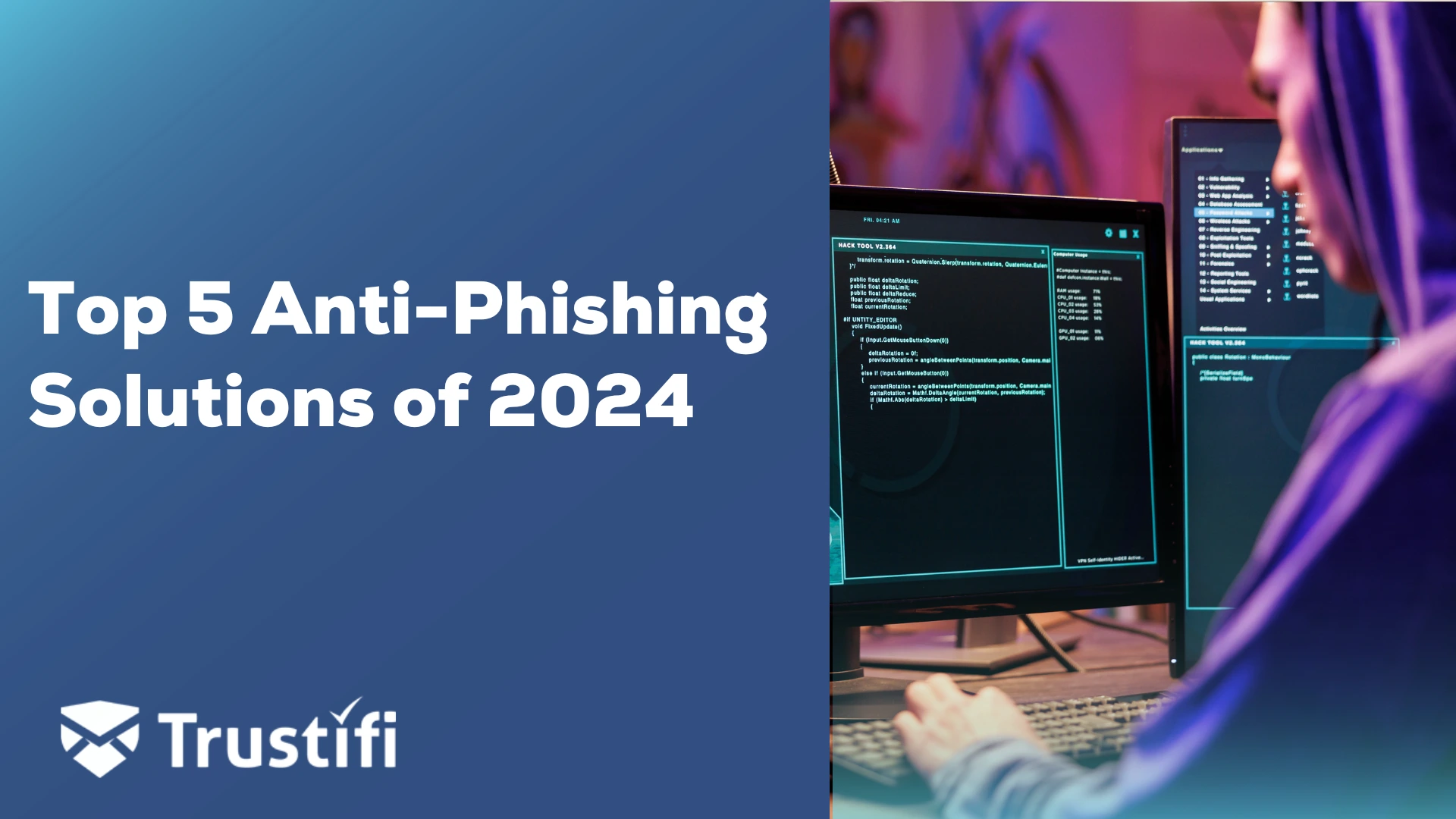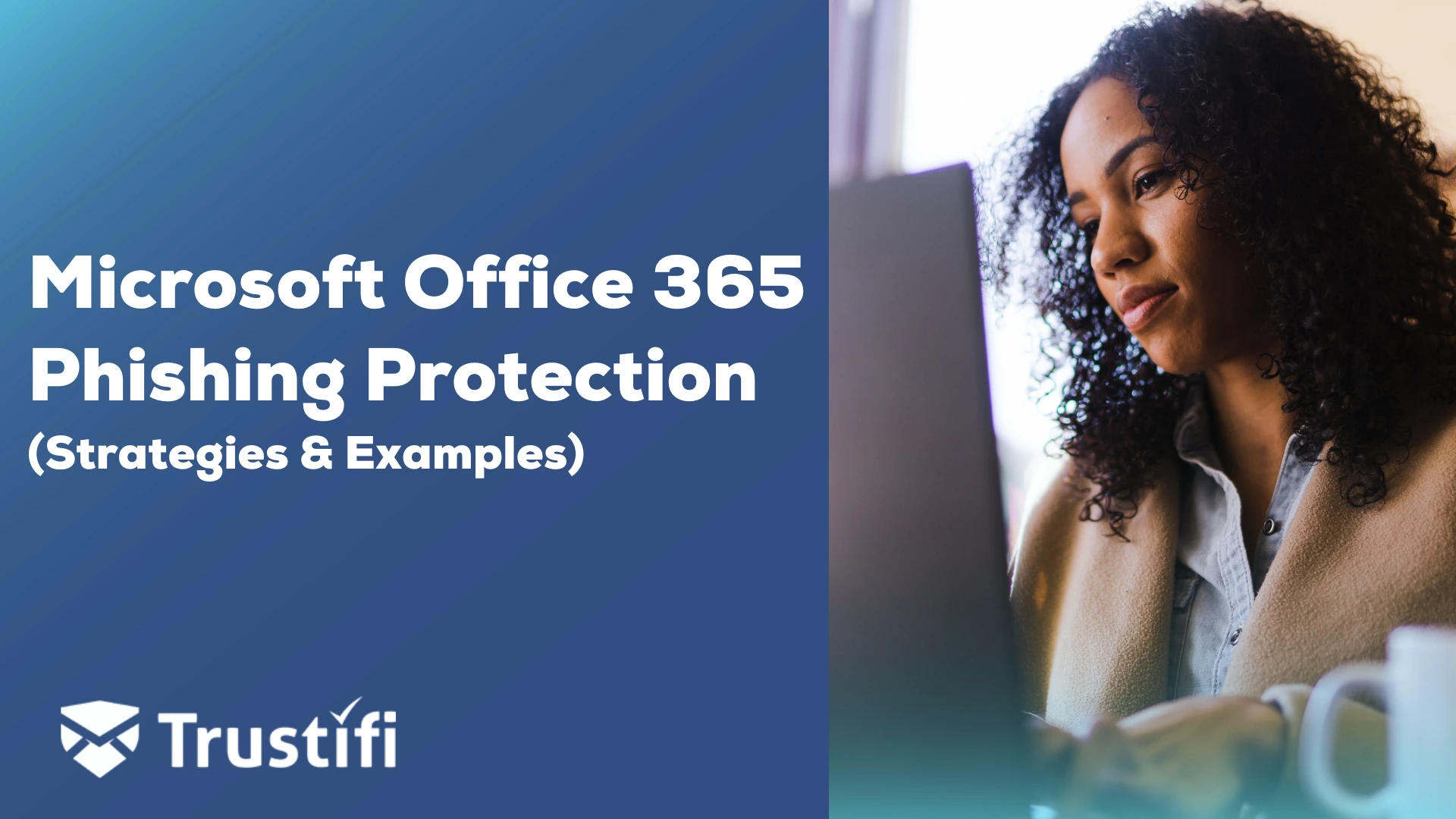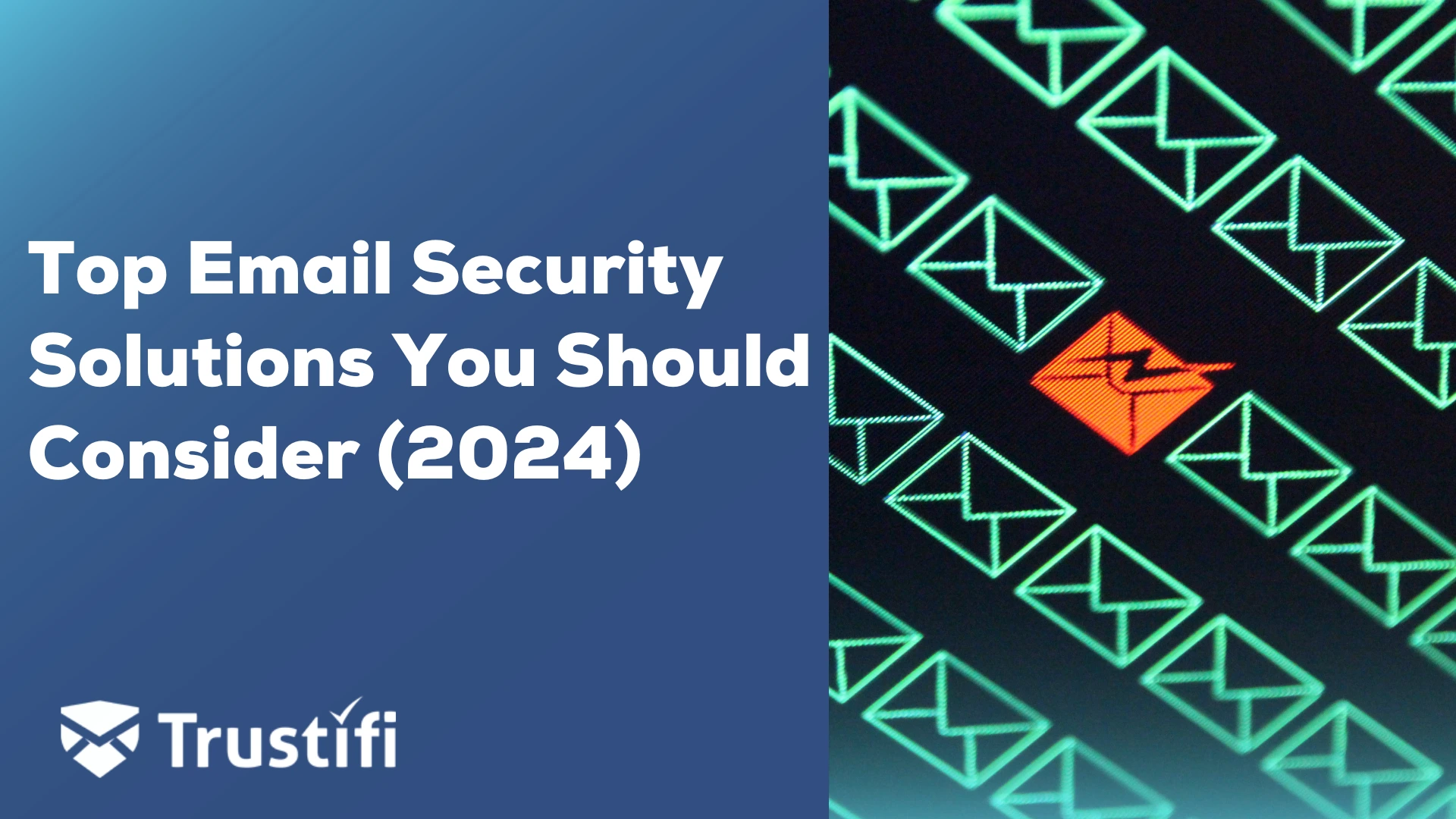Coronavirus cybercrime is yet another thing to worry about in this time of massive disruption. Criminals are attracted to chaos—we wrote about
how the Wuhan Coronavirus was creating fraud opportunity here and indeed, the FBI and other law enforcement and security firms have issued a
coronavirus cybercrime warning. They are seeing an increase in phishing scams and other digital cons targeting major coronavirus information sources and work-at-home employees.
Coronavirus Health Email Scams
Law enforcement agencies are seeing an increase of coronavirus phishing scams as part of the overall coronavirus cybercrime wave. Here are two prominent examples:
World Health Organization. Criminals posing as Tedros Adhanom Ghebreyesus, Director-General of the United Nations organization, asks for login information, offers an infected email attachment, asks for direct donations, and directs people to a bogus WHO website for harvesting information.
S. Centers for Disease and Prevention. Criminals use all of the usual tactics—see above—to install ransomware on your machine and capture your information.
Expect to see coronavirus cybercrime scams expand to other federal government, state, and local organizations. Hospitals, clinics and even individual doctor’s offices can be easily impersonated. Criminals may demand you give up information in order to register for tests or enroll in treatments, in addition to other bogus offers.
Stimulus Money—Crooks Hope to Attract the Greedy and Uninformed
The $2 trillion stimulus package that was just enacted is perfect for cybercriminals. It is long, hard to read, confusing, and dangles a whole lot of money. It’s perfect fraud bait. With a public scared, needy and greedy, you have a good pool of potential victims. Expect to see all sorts of falsely “official” emails asking you to register your business to receive cash, or to sign up as an individual to get a check deposited directly into your bank account. You or your business will never be legitimately contacted by any state, local, or federal organization with unsolicited emails asking you to click on anything, go to any web site, download any attachment, call any phone number, or give away any personal information in order to get benefits.
Work from Home—Your Business and Employees Are Targets
A common coronavirus cybercrime circulating during this time of workplace disruption comes as a phishing email that says a person in your company tested positive for COVID-19. You are directed to download a document to open, read and print to get more information. If you do that, you will be downloading spyware and ransomware that could hobble a machine or an entire network.
Protect Yourself from Coronavirus Cybercrime
Let your employees and loved ones know that coronavirus cybercrimes are running rampant. Email should be viewed with extreme suspicion during this time. And if you haven’t installed
email security software that protects your email systems, now is the time to add it.
Email encryption xxxxxxx
Heading 1
Email encryption has become a pivotal tool for businesses and average citizens around the world, due to the simplicity and ease that emails can be hacked. Encrypted email providers are constantly developing new ways to better protect your information and keep you and your business safe. Now that there are solutions which protect organizations from hacked emails and information, it is even more important to ensure said solutions function correctly.
Recently, an end-to-end encryption protocol, S/MIME (Secure/Multipurpose Internet Mail Extensions) has fallen under fire for its failure in keeping the emails of its Microsoft Outlook users encrypted. Companies using this protocol in Outlook need to beware. For the past six months, emails thought to be encrypted, were actually not.
Heading 1
Email encryption has become a pivotal tool for businesses and average citizens around the world, due to the simplicity and ease that emails can be hacked. Encrypted email providers are constantly developing new ways to better protect your information and keep you and your business safe. Now that there are solutions which protect organizations from hacked emails and information, it is even more important to ensure said solutions function correctly.
Recently, an end-to-end encryption protocol, S/MIME (Secure/Multipurpose Internet Mail Extensions) has fallen under fire for its failure in keeping the emails of its Microsoft Outlook users encrypted. Companies using this protocol in Outlook need to beware. For the past six months, emails thought to be encrypted, were actually not.


